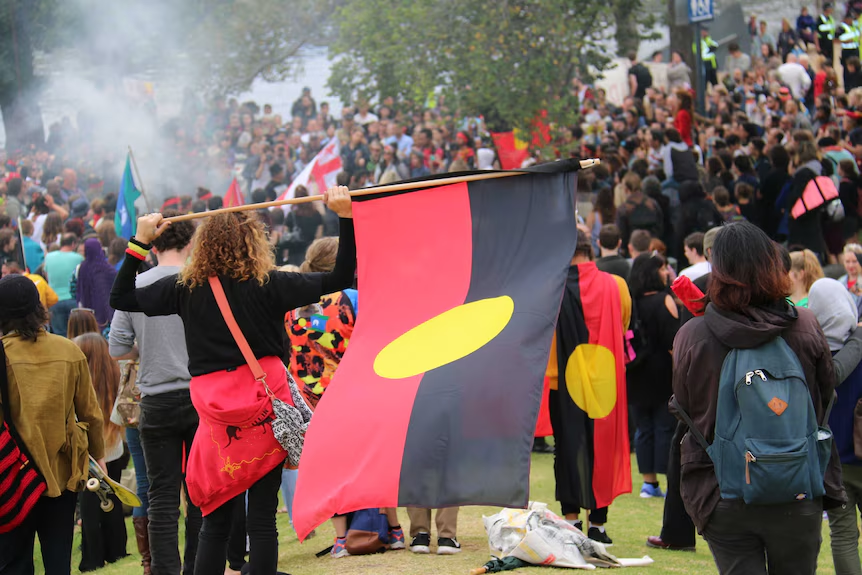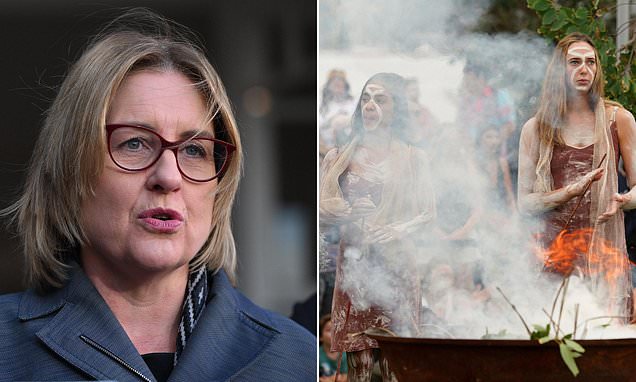Victoria is on the verge of creating a permanent, democratically elected body to advise on laws and policies related to Aboriginal people.
This move follows South Australia, which has already established a similar state-based voice.
The proposed body has been part of the treaty talks between the Victorian government and the First Peoples’ Assembly of Victoria since January.
Victorian Premier Jacinta Allan believes this change is necessary to address Indigenous inequality.

Key Difference from Federal Voice
Premier Allan highlighted that this state-based voice would not require constitutional change, unlike the failed federal voice referendum in 2023.
“The key difference to the referendum that was put nationwide a couple of years ago is that was changing the constitution,” she explained. “This is not changing the Victorian constitution.”
Victoria recorded the highest ‘yes’ vote of any state at 45.85 per cent in the 2023 referendum. The Australian Capital Territory (ACT) was the only state or territory to back the proposal with a 61.3 per cent ‘yes’ vote.
How the State-Based Voice Would Work
The South Australian Voice, which Victoria is set to emulate, consists of 46 Aboriginal members elected across six regional districts.
A statewide Victorian treaty is expected to be struck later in 2025, with enabling legislation to then go before parliament.
Rueben Berg, co-chair of the First Peoples’ Assembly of Victoria, emphasized that treaty negotiations have focused on ensuring Aboriginal Victorians can make decisions on matters that impact their lives.
“Treaty recognises that Aboriginal people are the experts on our own lives,” he said.
Opposition Leader’s Stance
Opposition Leader Brad Battin has expressed opposition to the state voice, stating it “flies in the face of democracy” following the referendum result.
“I’ll continue to stand with those Victorians and say the voice is not needed,” he declared.
The creation of a state-based Indigenous voice to parliament is a significant step towards addressing Indigenous inequality and empowering Aboriginal people to have a greater say in their lives.

